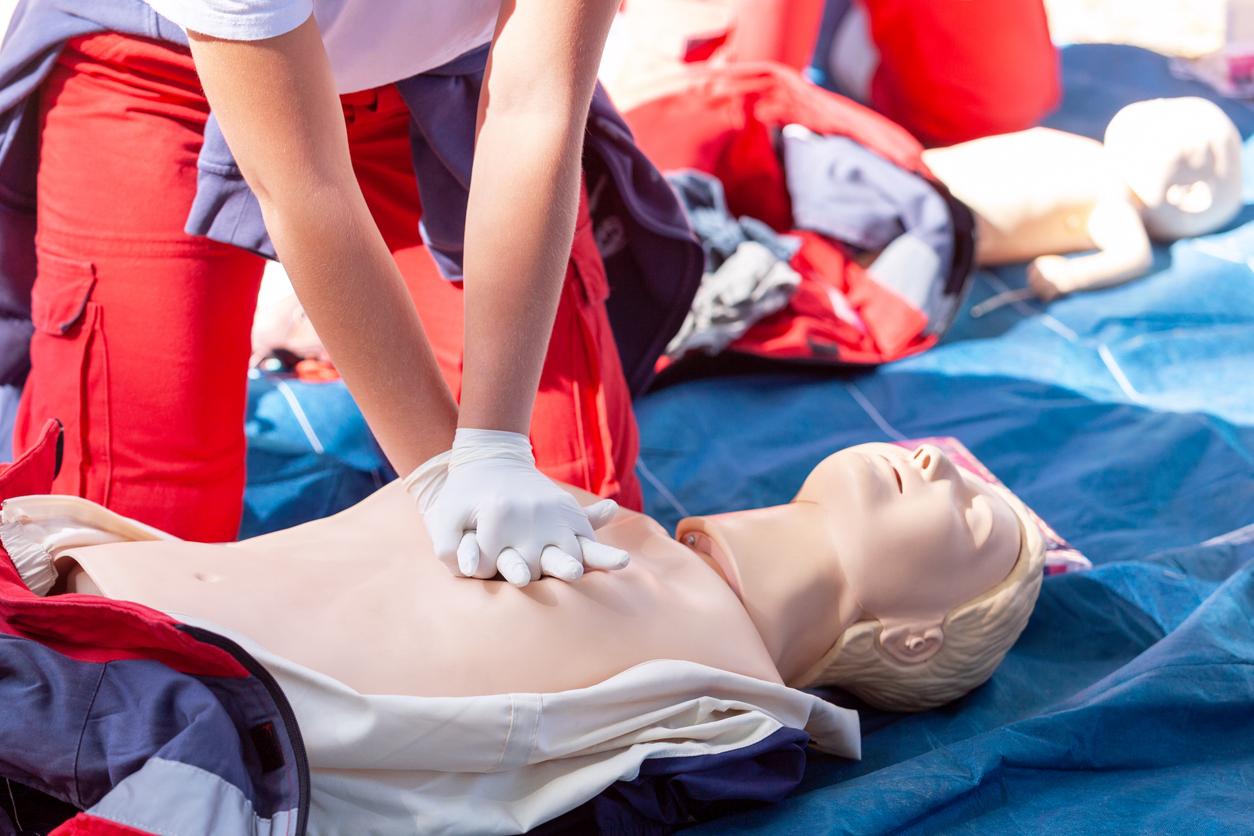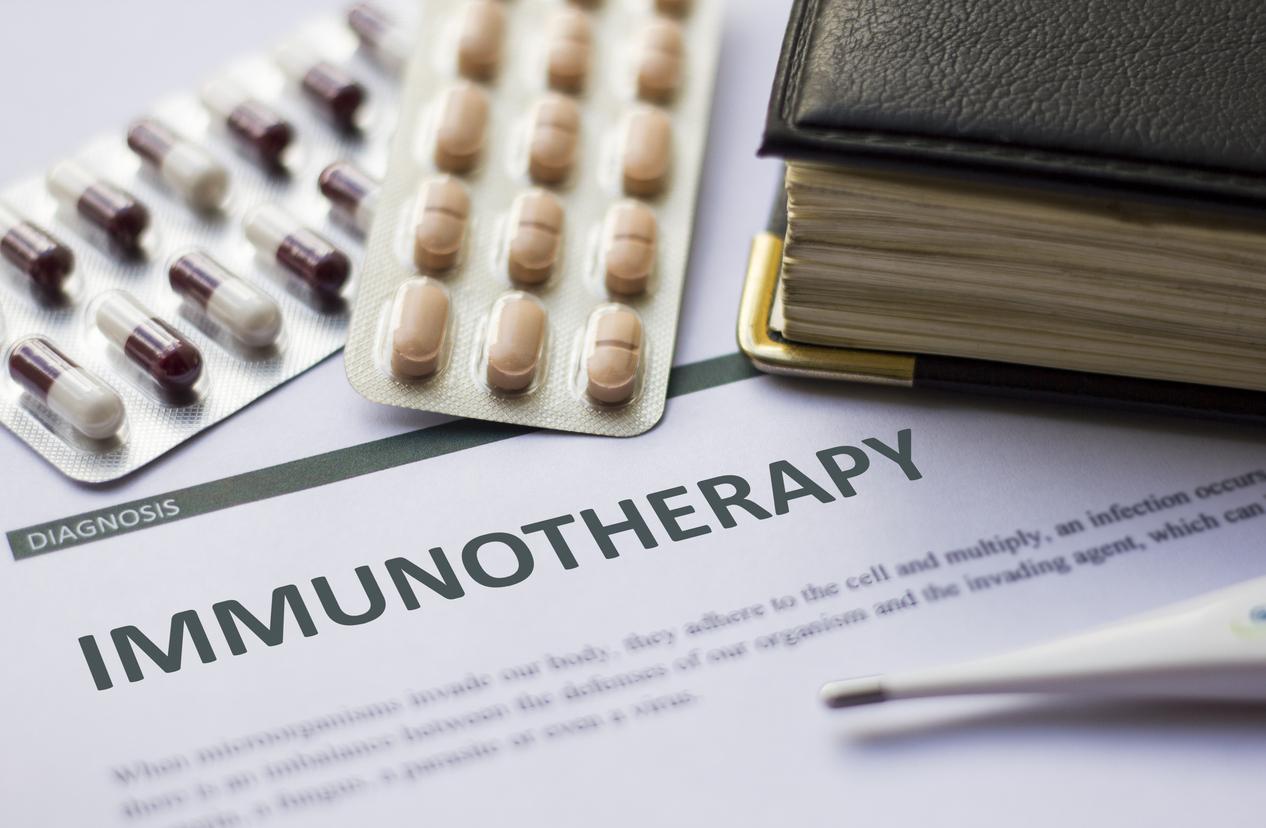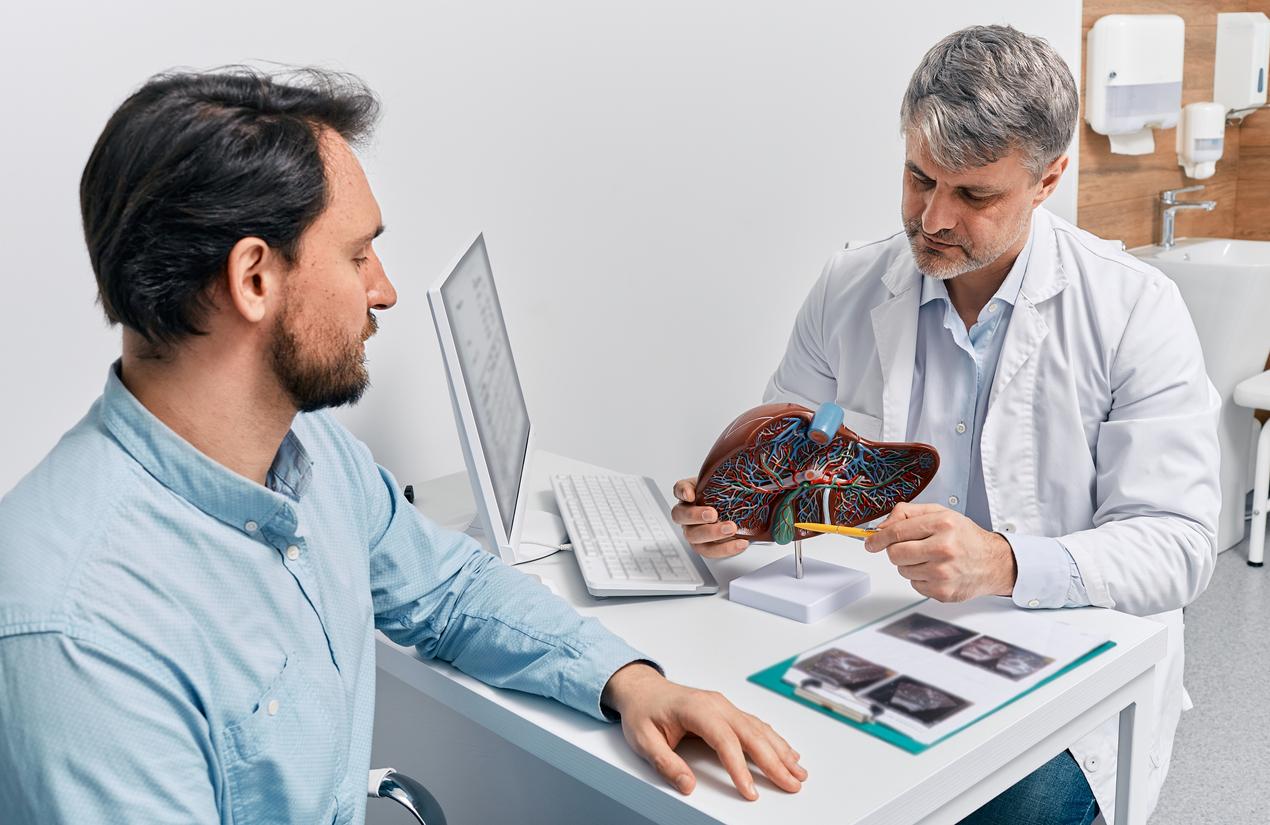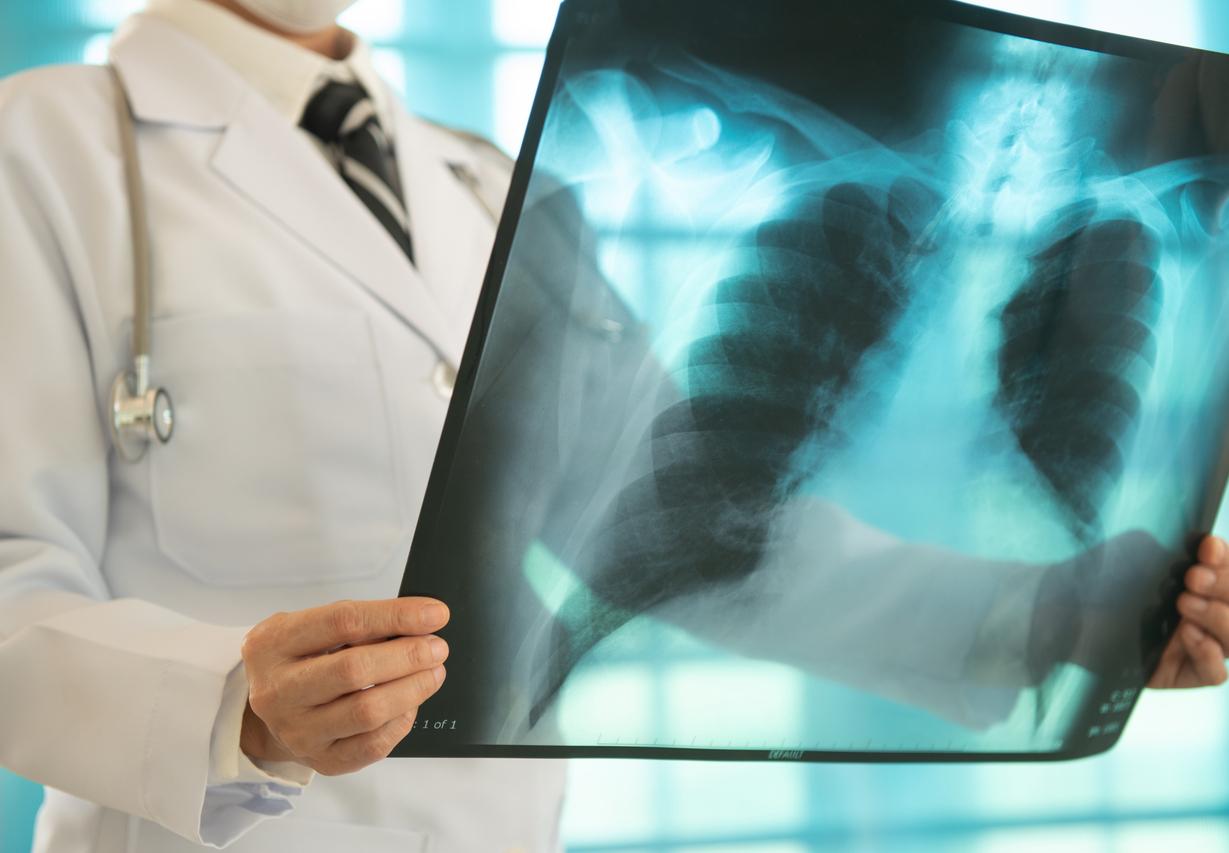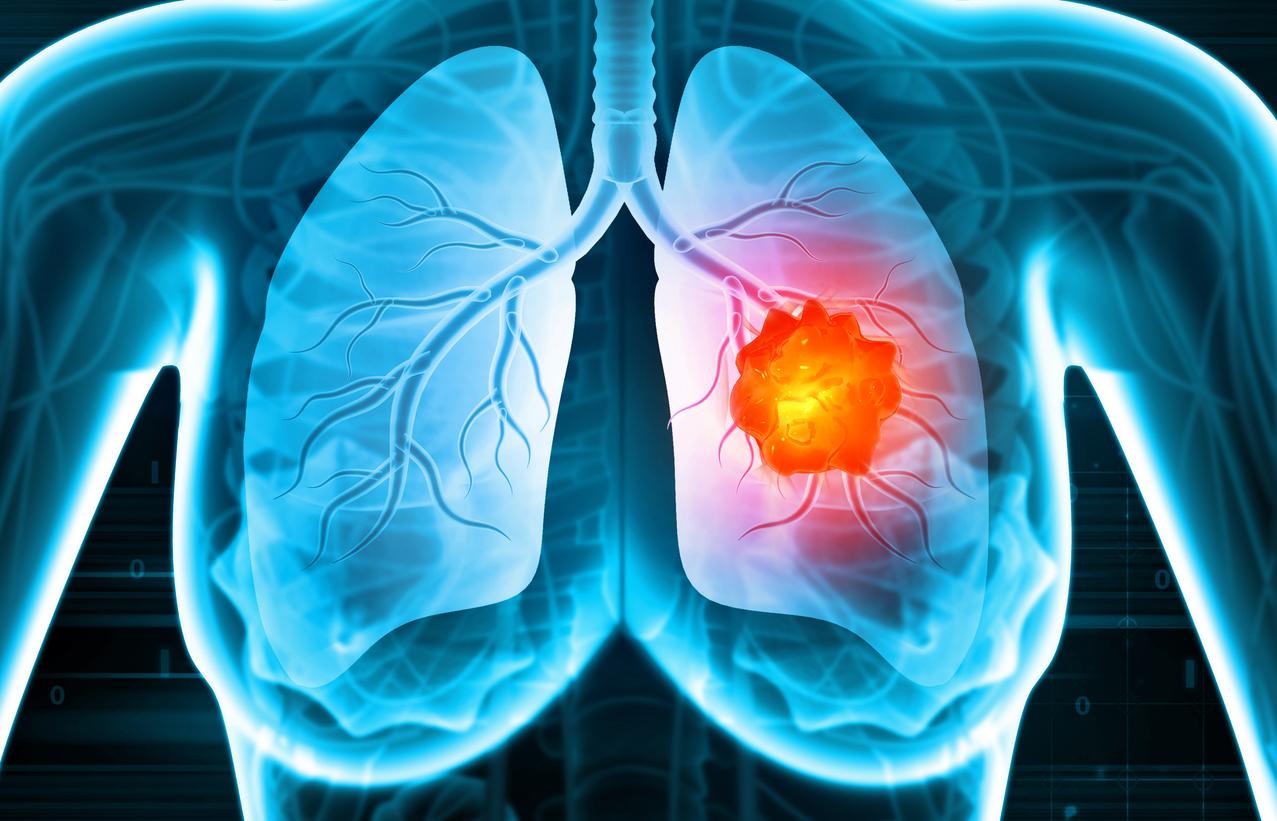The Ebola virus is cleared from the blood within 2 weeks, the risk of infection remains low. Only sexual transmission remains important one year after the onset of symptoms.

Risk of Ebola virus infection from survivors is low, suggests study published this Monday in the newspaper PLOS Neglected Tropical Diseases. This work, carried out by researchers at the University of East Anglia (United Kingdom), is based on the analysis of 6,000 studies on the persistence of the Ebola virus in body fluids.
This is the first time that this type of meta-analysis has been possible. The recent Ebola outbreak was very different from previous ones. It lasted much longer and was the deadliest – over 11,000 people died. However, never have so many patients survived.
These survivors are a mine of information for scientists who are still trying to better understand how this virus works.
“We wanted to know how long it could persist in different bodily fluids of the survivors in order to assess the risks of transmission for their loved ones as well as health professionals”, explains Prof. Paul Hunter, from the medical school of East Anglia.
Real risk of sexual transmission
British scientists estimated that the virus is cleared from the bloodstream within 16 days. But, it seems that a small minority of survivors still carry the virus almost a month after infection. For the researchers, this rapid elimination of the virus from the blood means that the risk of infection from contact with a survivor is unlikely.
However, the risk of sexual transmission is far from minimal. According to a recent French study presented at the Conference on Retroviruses and Opportunistic Infections (CROI), the virus can remain in semen for at least a year. During this time, men who have recovered from Ebola can pass the infection on to their partners.

No risk with other fluids
The researchers also assessed the risk of contracting Ebola through contact with saliva, sweat, faeces, urine, breast milk or vaginal secretions. They conclude that with the exception of blood and semen, other fluids pose a low risk of infection. “Consequently, the transmission of Ebola through social contact (shaking hands or kissing, editor’s note) with a survivor is very unlikely, even if the person suffers from complications related to the infection, ”summarizes Professor Hunter.
For the latter, these results are important because there are few elements to issue recommendations concerning the risk of transmission of Ebola through bodily fluids.
.










